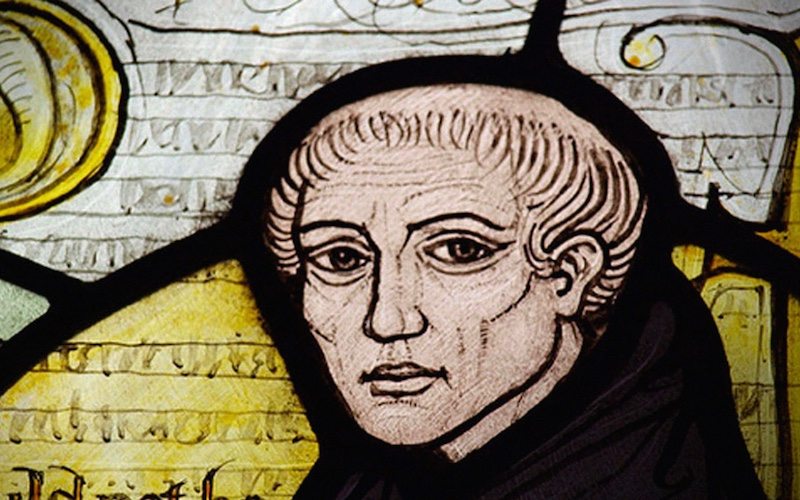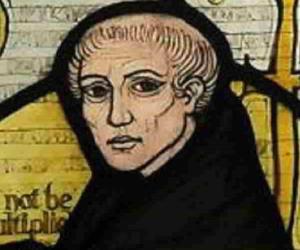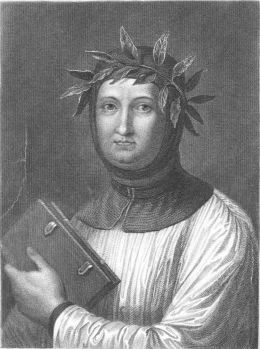

The principle of parsimony can cut against skeptics just as much as against theists. He only doubted the philosophical machinations of some of his predecessors, including Aristotle.

For his part, he was not a skeptic of Scripture or of creation. William of Ockham might well have applied his razor to their speculations had be been present to debate with them. It’s important, though, to distinguish the beliefs of a person in context of his time from those of subsequent persons who used his principles as a pretext for their views. His nominalism contributed to later schools of thought that considered theology incapable of proof, and gave naturalism the edge in theories of knowledge. Ockham doubted the ability of natural theology to lead to knowledge of God. Some see Ockham contributing to the skepticism of later Enlightenment thinkers. He probably perished in the Black Death that swept through Europe in 1348. His experience with the Church probably contributed to his views on separation of church and state. He remained there 20 years, writing and leading a band of dissidents. Fearing imprisonment and execution, he and other sympathizers fled to the Holy Roman Empire in 1328, after which he was excommunicated (though his doctrines were never officially condemned).

A Franciscan, he differed with the Pope on the issue of apostolic poverty. Due to charges of heresy from the envy of a rival, Ockham was called before the Pope while the papacy was in Avignon, France (the “Babylonian Captivity”). William of Ockham lived near London and attended Oxford University. “For nothing ought to be posited without a reason given,” he said, “unless it is self-evident (literally, known through itself) or known by experience or proved by the authority of Sacred Scripture.” William had complete confidence in the doctrine of creation and accepted God’s revelation as the only reliable source of knowledge about existence, God, and immortality. He left behind books on natural philosophy, logic, politics and theology. (It must be noted, however, that nature owes humans no obligation to be simple.) Ockham’s Razor was certainly not his only contribution to Western thought. He just felt they should not be posited unless there was a good reason to do so. Ockham did not believe that his principle allowed philosophers to deny the existence of extra categories. This “razor” has frequently cut through needless explanatory confusion and has proved fruitful in helping scientists arrive at elegant, simple explanations for natural phenomena. He trimmed Aristotle’s 10 essential ontological categories down to 2, for instance: just substance and quality. This is stated in various forms one example is, “one should always opt for an explanation in terms of the fewest possible number of causes, factors, or variables,” or as he put it, “Plurality is not to be posited without necessity.” Although the principle was not original with him (some called it Scotus’s Rule from his predecessor Duns Scotus), Ockham made especially extensive use of it.

His best-known contribution to modern science was probably his famous maxim of ontological parsimony known as “Ockham’s Razor” because it pares down explanation to essentials. He denied, for instance, that Platonic forms were real, a position called nominalism that some feel contributed to modern views of epistemology. He was a lively and articulate debater, expressing complex arguments about Divine action, grace, justification and other theological issues equally well with arguments over the fine points of Aristotelian philosophy, about which he disagreed with many of his contemporaries. Ockham contributed to science by grounding his philosophy in the doctrine of creation. William’s views led to his excommunication from the Catholic church. Scholastic philosophers, furthermore, were not enslaved to Aristotle lively debates often caused deep divisions between them. He also illustrates how a Christian conception of God and nature promoted science. William of Ockham’s life story debunks the common myth that medieval scholars did little except argue about how many angels could dance on the head of a pin. He was famous for many things besides the oft-used principle of parsimony named after him, roughly stated as, “Don’t multiply complex causes to explain things when a simple one will do.” The man who gave us “Ockham’s Razor” was a Catholic scholar very learned in the natural sciences.


 0 kommentar(er)
0 kommentar(er)
